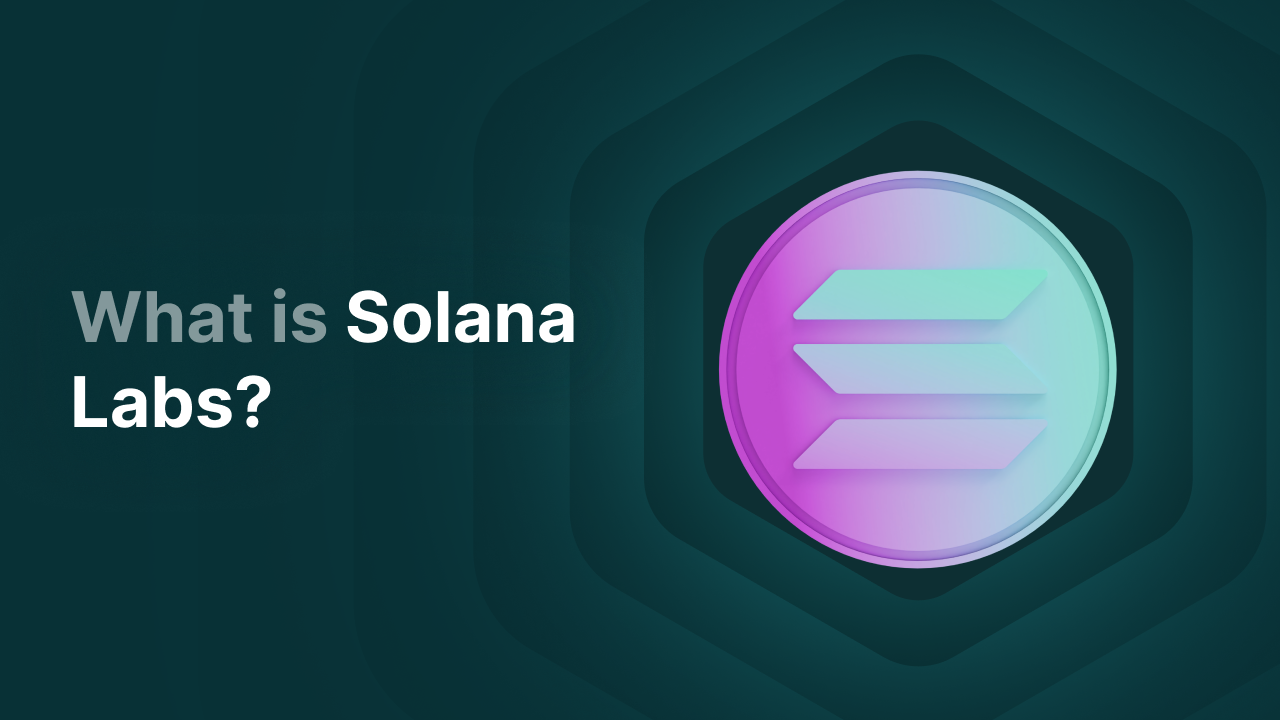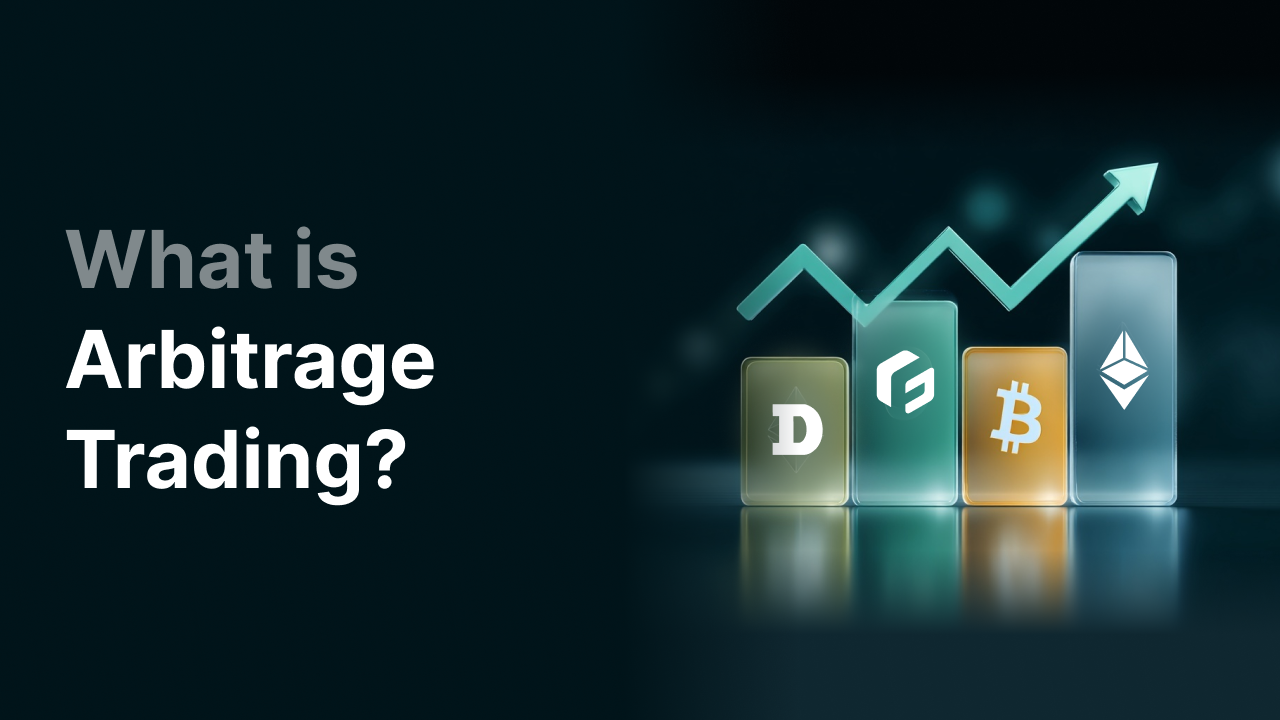What is Solana Labs and what are they responsible for?

What is Solana Labs?
Solana is one of the fastest and most efficient blockchains today. Solana Labs was founded in 2018 by Anatoly Yakovenko and Raj Gokal, and is headquartered in San Francisco, California.
Solana Labs is responsible for maintaining, strengthening, and innovating the core infrastructure of the Solana network. In addition, Solana Labs developed the Proof of History (PoH) mechanism. This unique timing mechanism, currently used only by Solana, was conceived by Anatoly Yakovenko and implemented by Solana Labs.
Although Solana Labs was the original developer of the Solana network, it does not manage the blockchain in the traditional sense. Solana is open source and runs on a decentralized network of independent validators. Anyone can contribute to the development of the code and influence the project’s direction. Solana Labs plays a supporting role by maintaining and improving the core software, similar to the role of the Ethereum Foundation within the Ethereum ecosystem.
Key Takeaways
- Solana Labs is a private technology company responsible for the original development of the Solana blockchain and the Proof of History (PoH) mechanism.
- The company was founded in 2018 by Anatoly Yakovenko and Raj Gokal and is headquartered in San Francisco, California.
- Solana Labs focuses on technological innovation within the network, such as the development of validator software, the Solana Mobile Stack (SMS), and the Saga smartphone.
- The company maintains Solana’s open-source codebase and supports developers through tools, SDKs, and infrastructure improvements.
- Although Solana Labs was the original developer, it does not manage the blockchain — the network is open source and operated by a decentralized network of validators.
What does Solana Labs do?
Solana Labs engages in several activities, all focused on strengthening the Solana ecosystem and promoting the adoption of the network. These activities can be divided into three main areas: technological development, ecosystem support, and network innovation.
1. Technological Development
Solana Labs maintains the core software of the Solana protocol. On GitHub, they manage the open-source code and develop updates that improve network performance, security, and stability.
In addition to working on Solana’s core code, Solana Labs focuses on optimizing the network, maintaining the validator software, RPC services (Remote Procedure Calls), and providing developer tools that make building on Solana easier.
2. Ecosystem Support
Solana Labs actively supports start-ups and developers building on Solana. They do this by providing business guidance through programs such as the Solana Incubator. These include dApps such as DeFi applications, NFT platforms, and blockchain gaming initiatives.
Solana Labs also improves the ecosystem by integrating technical feedback from the community to enhance network decentralization.
3. Product Innovation
Solana Labs is also engaged in product innovation, developing new consumer-focused applications that promote the adoption of Solana. A well-known example is the Saga smartphone and the Solana Mobile Stack.
The Saga smartphone is an Android device designed specifically for Web3 applications on mobile devices — something traditional smartphones don’t natively support.
The Solana Mobile Stack is an open-source software kit for integrating mobile apps and functionalities with the Solana blockchain, aimed at making Web3 usage on mobile devices easier and more secure.
Both innovations work hand in hand and were launched simultaneously.
Additionally, Solana Labs develops APIs and SDKs that enable developers to integrate blockchain functionality into apps and games more easily, without deep knowledge of the underlying infrastructure.
Who runs Solana Labs?
Solana Labs is led by Anatoly Yakovenko, co-founder and CEO of Solana Labs. With over a decade of experience in telecommunications and distributed systems gained at Qualcomm, Yakovenko developed his vision: to build a blockchain that is as fast and scalable as modern internet infrastructure.
He pursues this vision alongside the other co-founder of Solana Labs, Raj Gokal, the Chief Operating Officer (COO). While Yakovenko focuses on the development of the Solana ecosystem, Gokal focuses on expanding strategic partnerships and growing the community.
Solana Labs also consists of a management team of experienced experts in software engineering, cryptography, and venture capital (securing large external investments for companies). Solana Labs is a commercial, privately held company, meaning it is not decentralized in its core operations — decisions are made by the leadership. However, strategic and technical decisions are made based on community input. Through GitHub and validator channels, proposals are discussed and reviewed with the community.
It’s important to note that the Solana network itself is decentralized and operated by validators — independent nodes that validate transactions and add new blocks to the blockchain. Solana Labs supports the network but does not manage it directly.
What is the difference between Solana Labs and the Solana Foundation?
Solana Labs and the Solana Foundation are often confused. However, both organizations operate independently and serve different roles within the Solana ecosystem.
Solana Labs is a private technology company responsible for the original development of the Solana network and Proof of History (PoH). The company remains actively involved in the technical development and innovation of Solana’s core software. Its focus is on technological advancement and product development.
The Solana Foundation, on the other hand, is a non-profit organization founded in 2020 and based in Zug, Switzerland. The Foundation focuses on growing the network, improving security, and enhancing decentralization. It also supports community expansion, developer funding within the ecosystem, and education. The Foundation manages a portion of the SOL token supply, which is used to fund developer grants and ecosystem projects.
Although they have distinct roles, both organizations collaborate closely and complement each other in driving the growth of Solana.
In short:
- Solana Labs → commercial company that develops technology and infrastructure.
- Solana Foundation → non-profit organization that supports community, adoption, and decentralization.
Together, they contribute to Solana’s growth, each with its own focus and responsibilities.
Final thoughts
Solana Labs plays a central role in the technological development of the Solana network. As the original developer and innovator behind the Solana blockchain, the company focuses on maintaining, improving, and expanding the core infrastructure. Through initiatives such as the Proof of History mechanism, the Solana Mobile Stack, and the Saga smartphone, Solana Labs continues to drive technological progress and Web3 adoption.
Although Solana Labs is a private company and not responsible for managing the network, it has a major influence on Solana’s technological direction and efficiency. The actual decentralization and governance are in the hands of the community and independent validators.
This division of roles allows Solana Labs to focus entirely on innovation and performance improvement — essential for positioning Solana as one of the fastest and most advanced blockchains in the industry.




